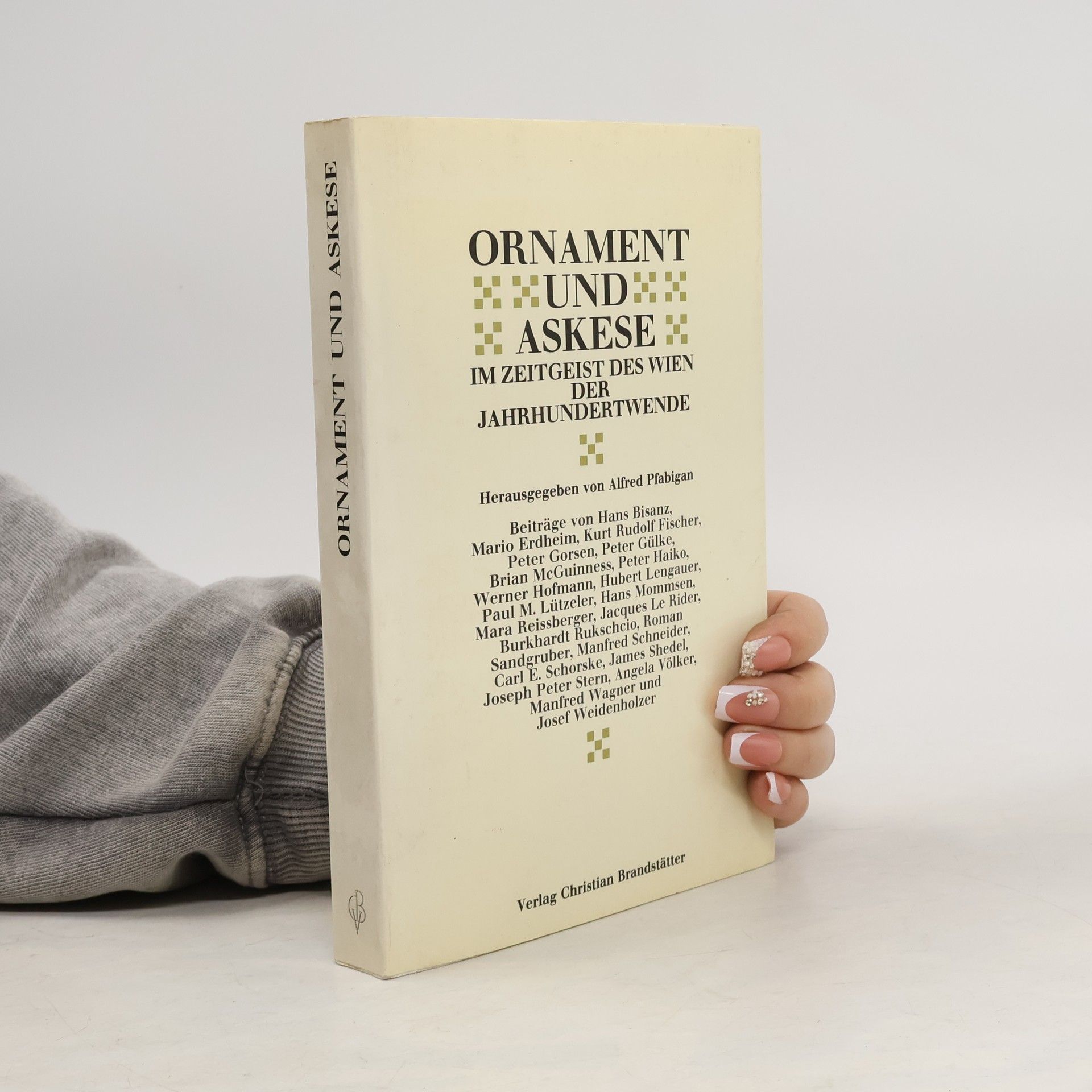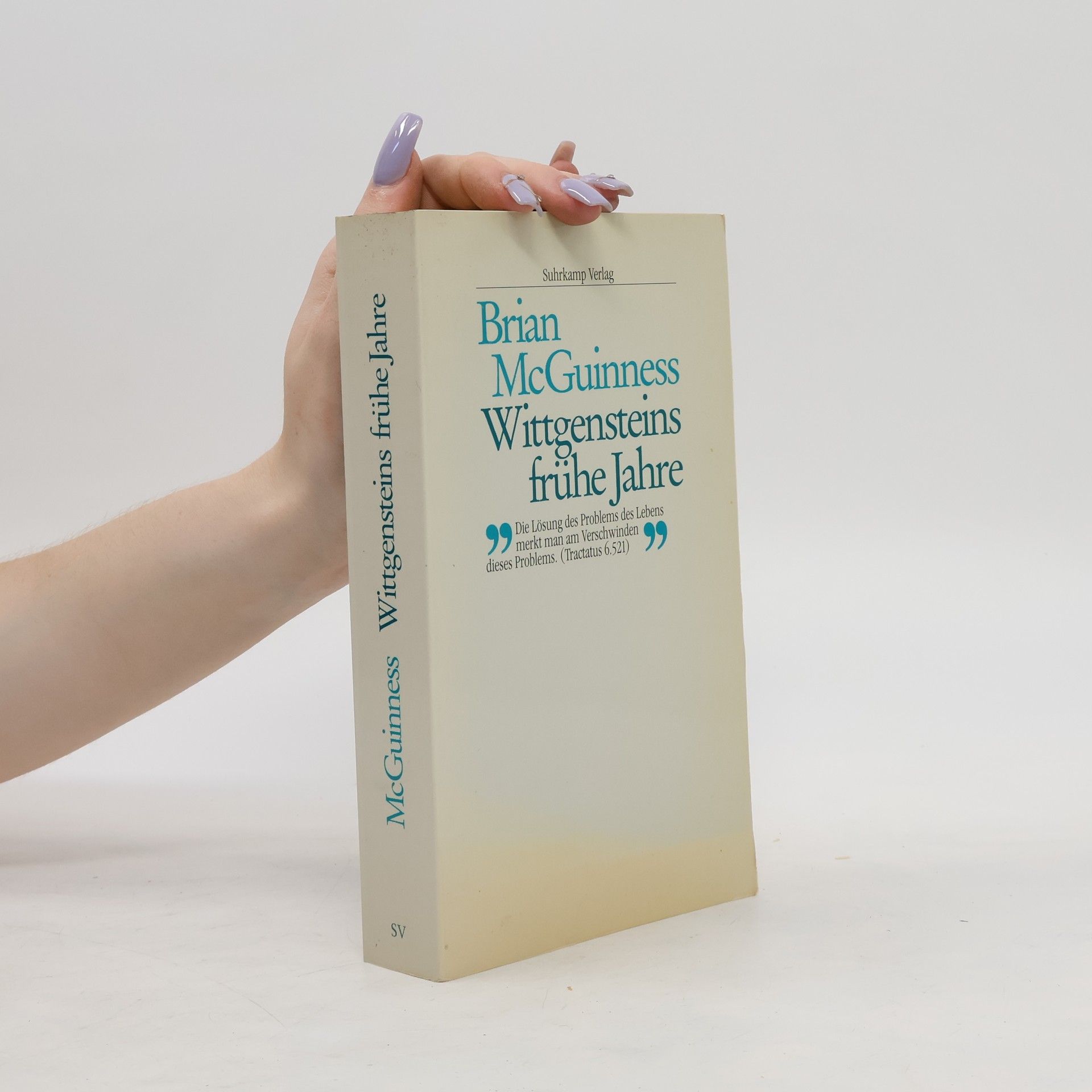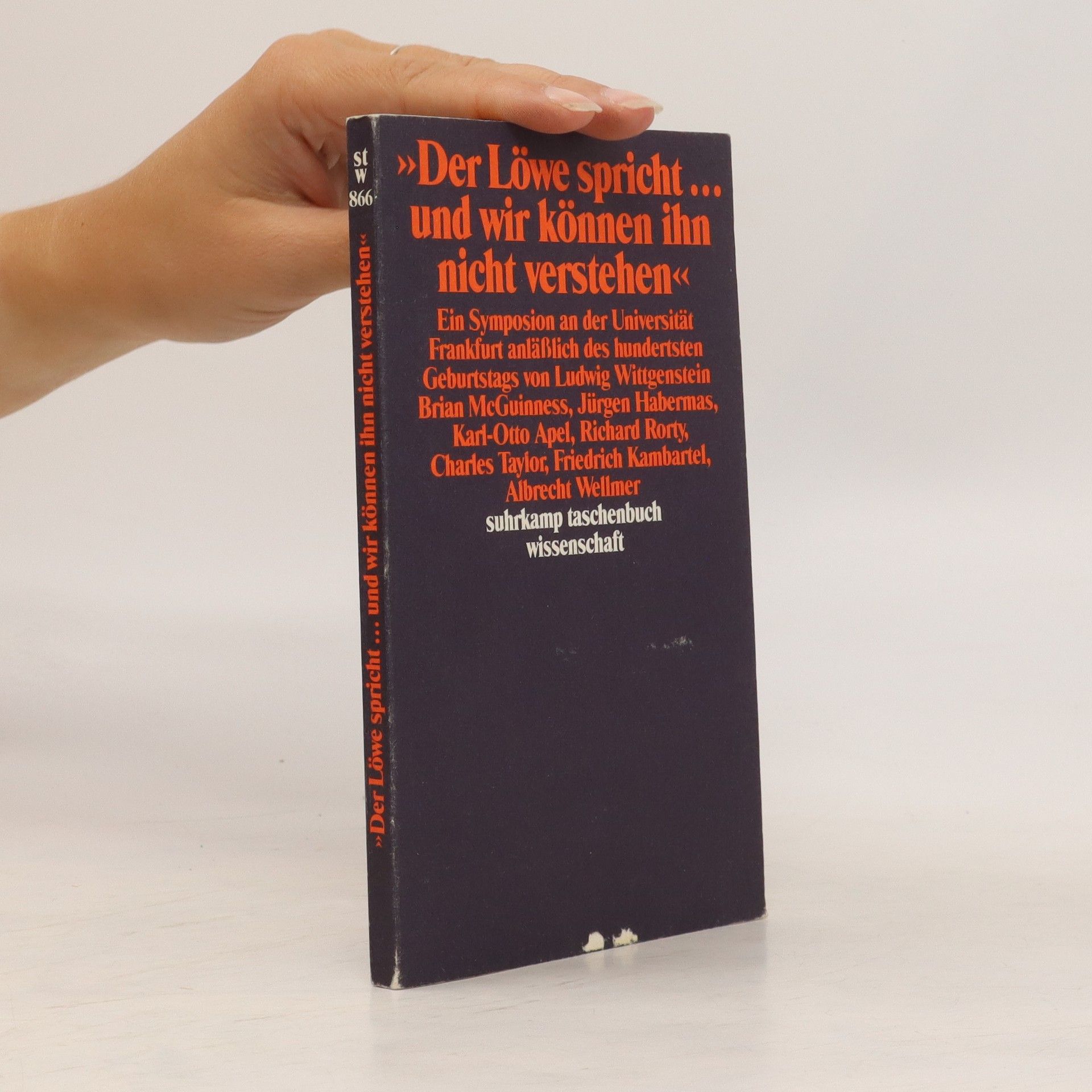Young Ludwig
- 322 pages
- 12 hours of reading
"During his time in England (1908-13) Wittgenstein found his true vocation. Diaries of contemporaries and letters (such as Russell's almost daily correspondence with Lady Ottoline Morrell) reveal the details of his personal relationships throughout these years. Personal as well as official documents also reveal a picture of his life during the First World War and in captivity after it. Whether suddenly or as a gradual process, Wittgenstein underwent a sort of religious conversion. It is significant that his renunciation both of his inherited wealth and of philosophy occur simultaneously at the end of this period; and indeed the theme of this biography is the close connexion between his life and work. The renunciation of philosophy came after the publication of the Tractatus, which many still believe to be his greatest work and which is discussed in detail here." "Young Ludwig examines the things Wittgenstein considered really important in life - his (often stormy) relationships with his friends, his favourite books, and his music. The book concludes with his retirement into elementary-school teaching, which was the prelude to a new search for a vocation whose outcome, and his development into a feared, loved, and revered teacher (foreshadowed here), eventually led him back to philosophy."--BOOK JACKET.



